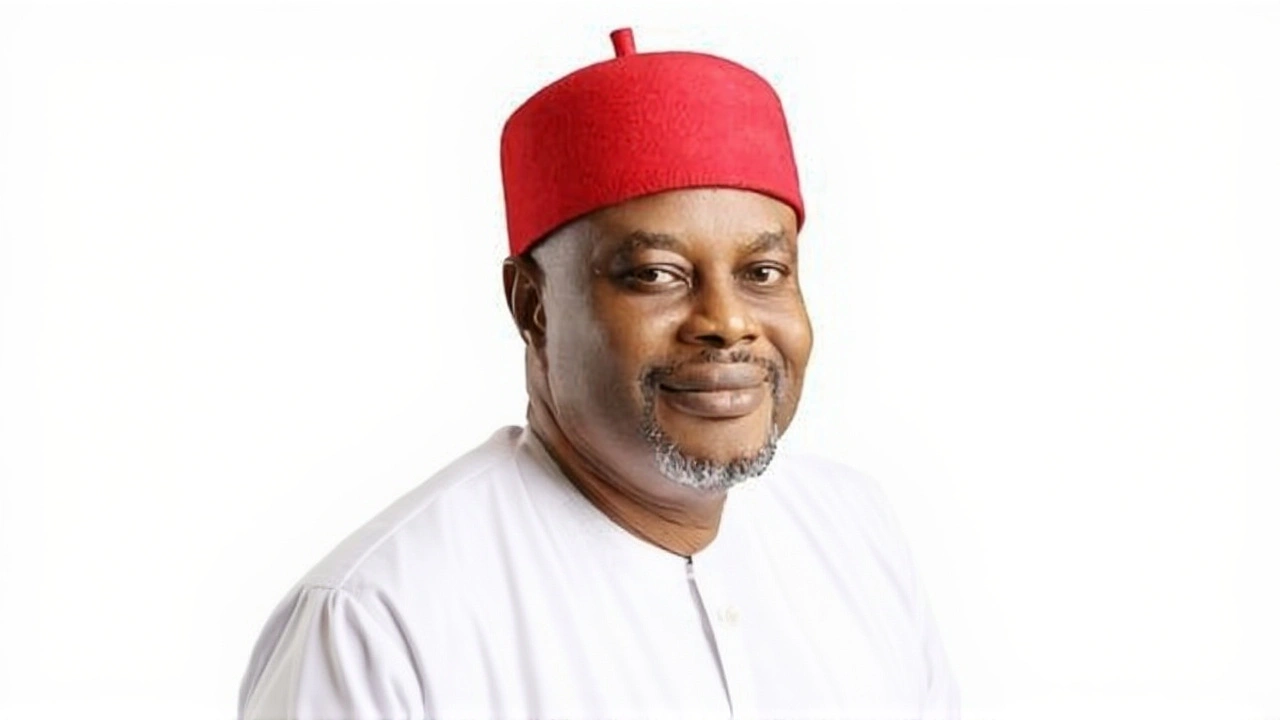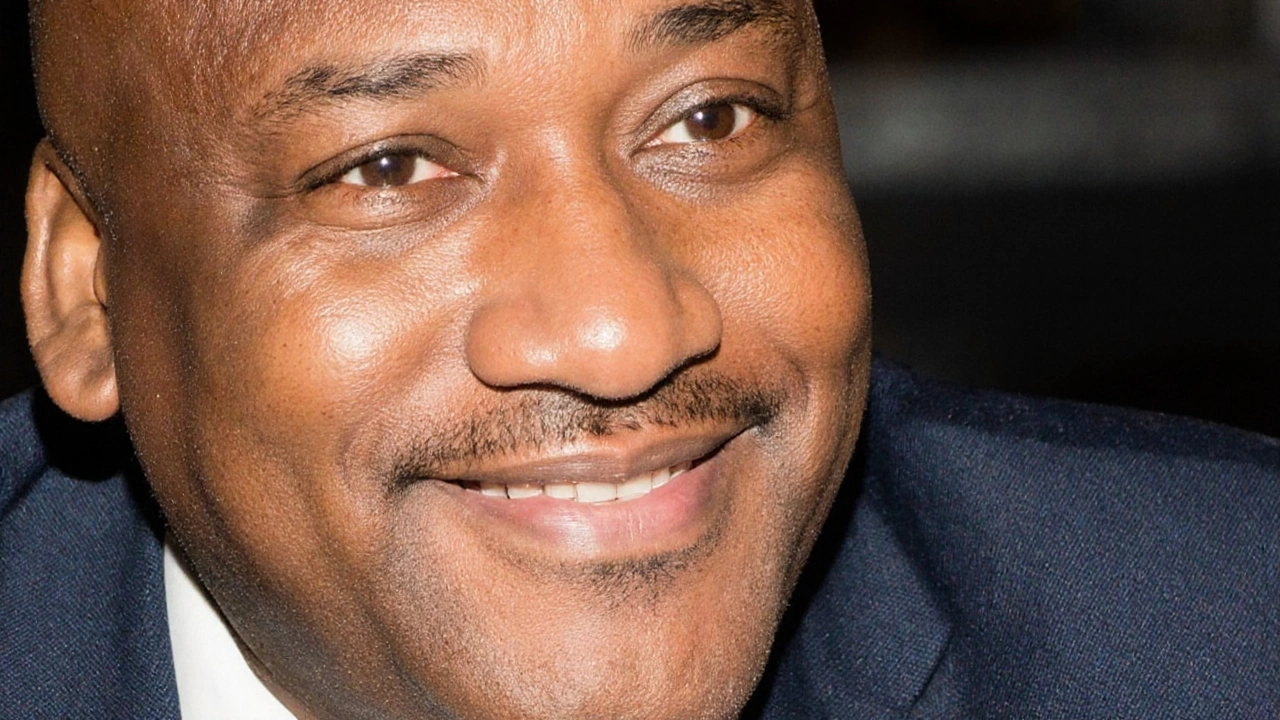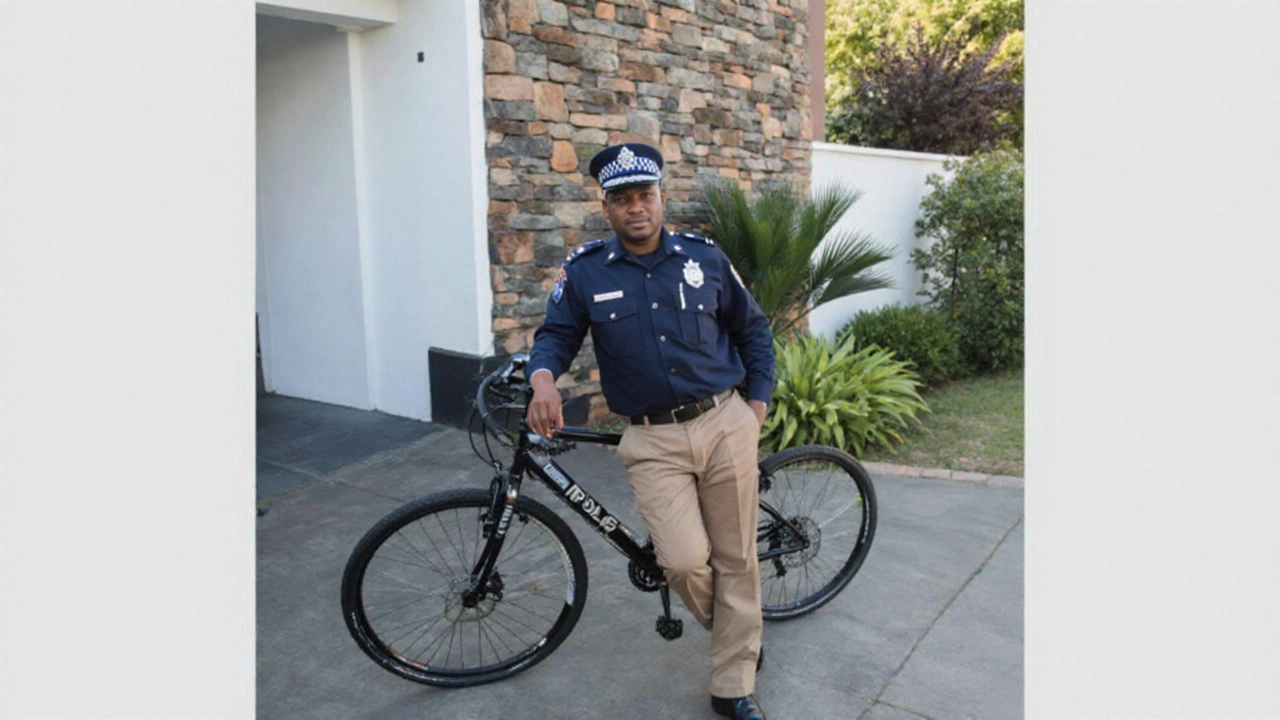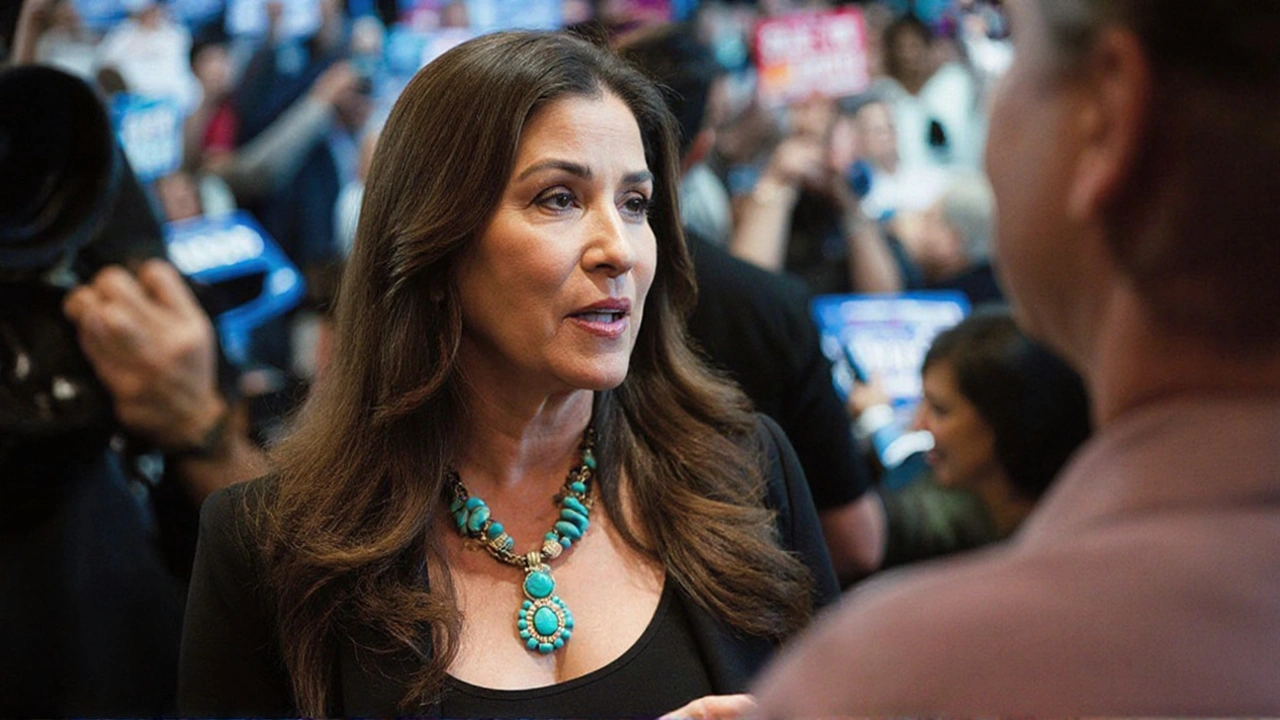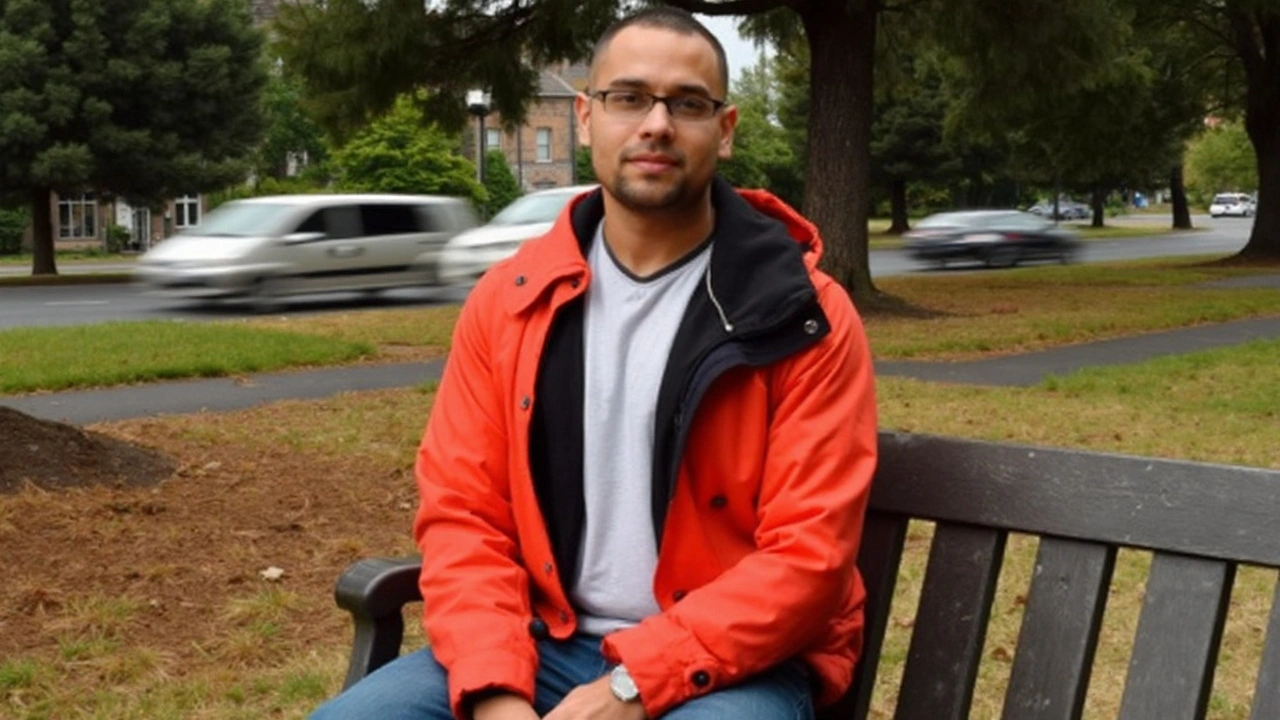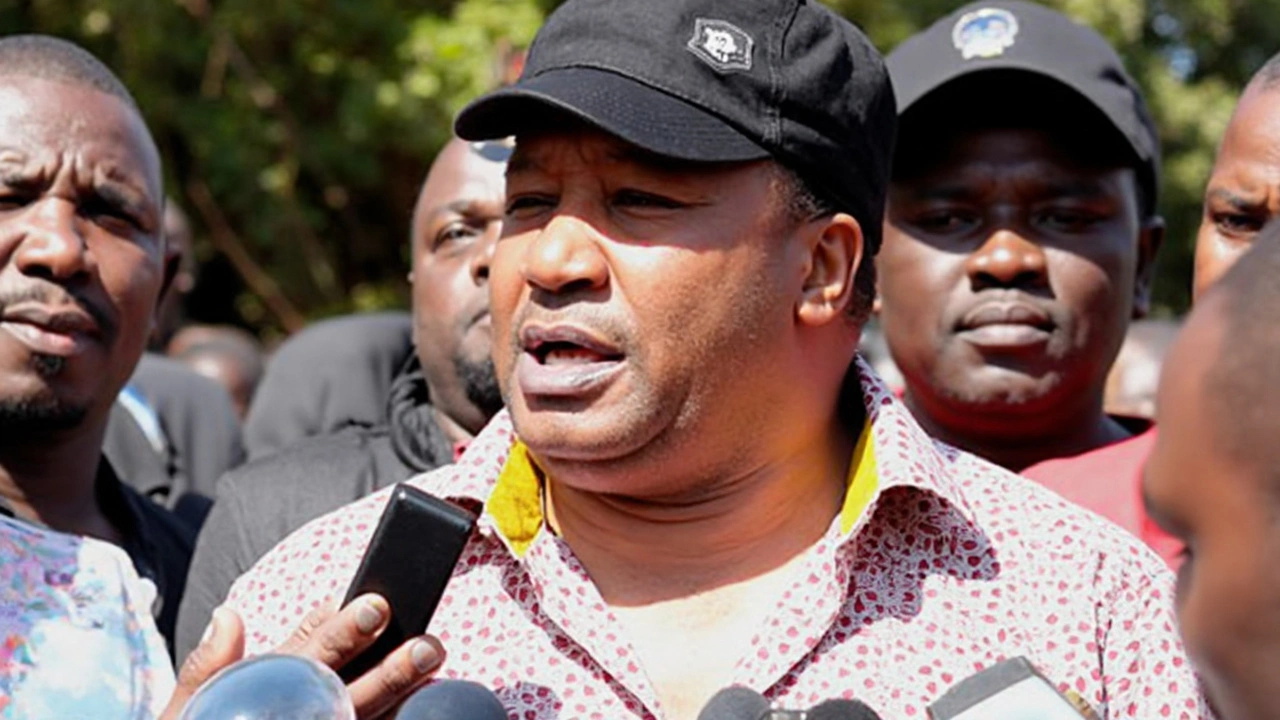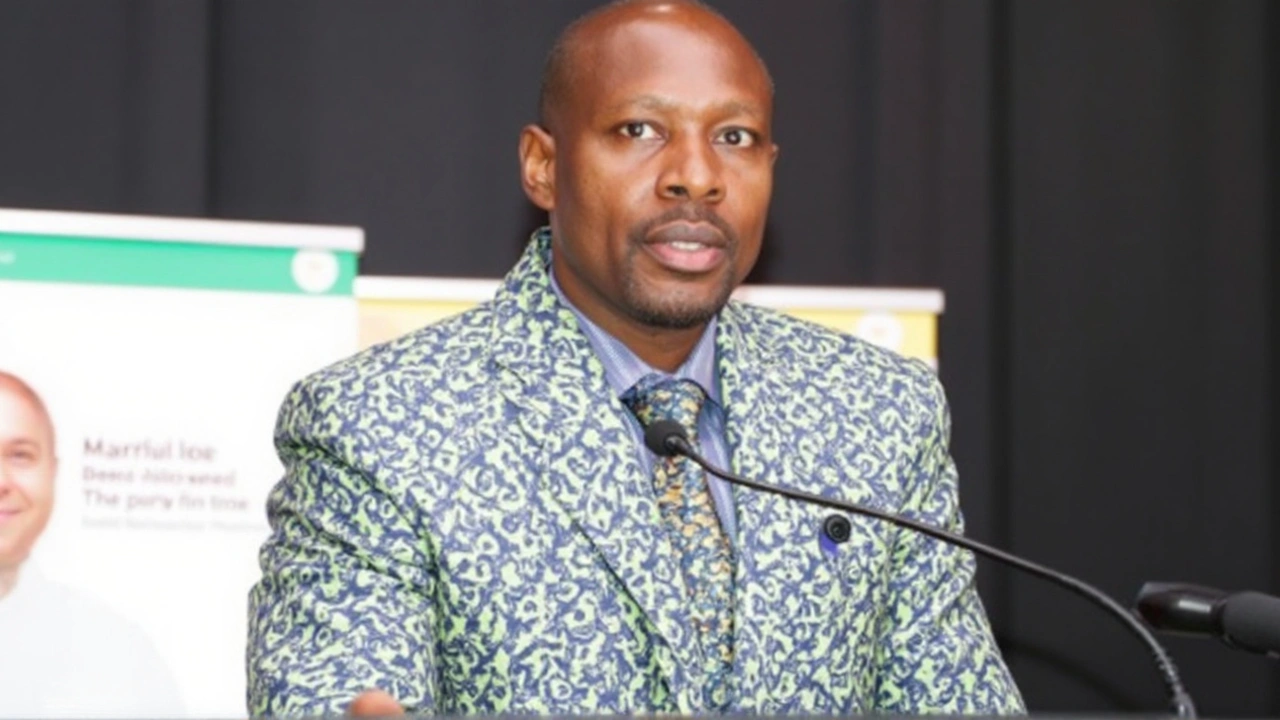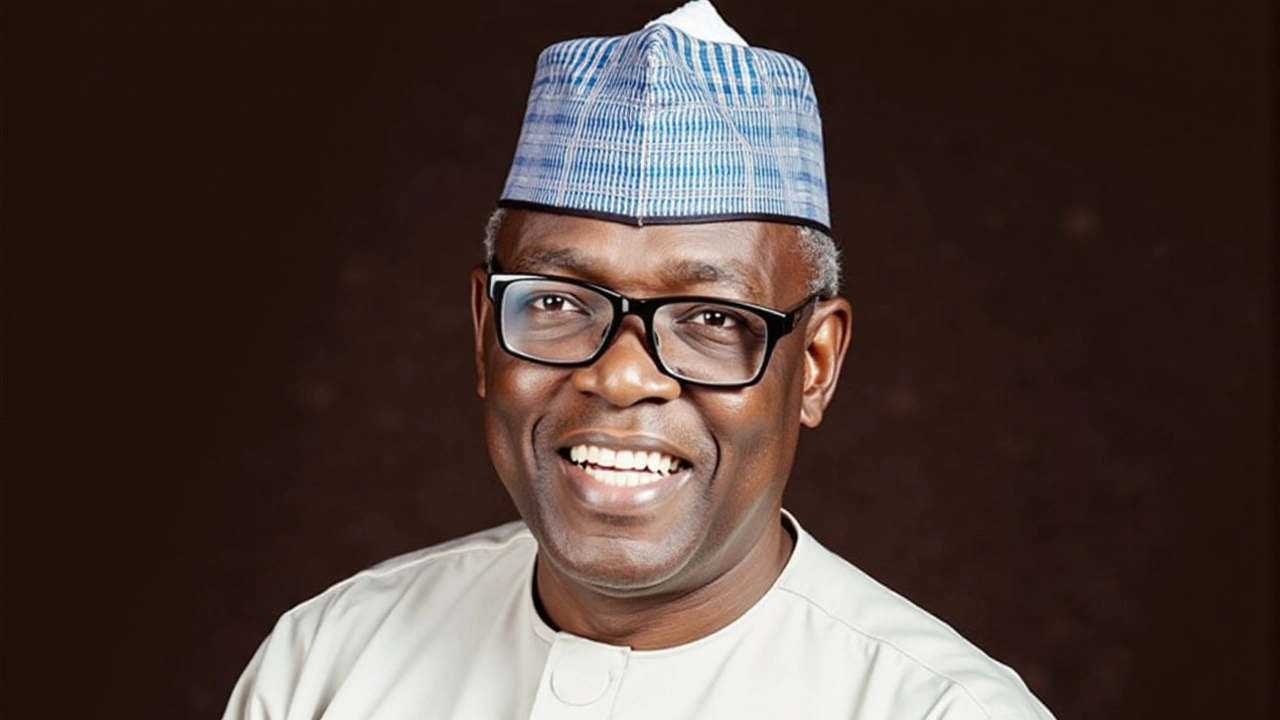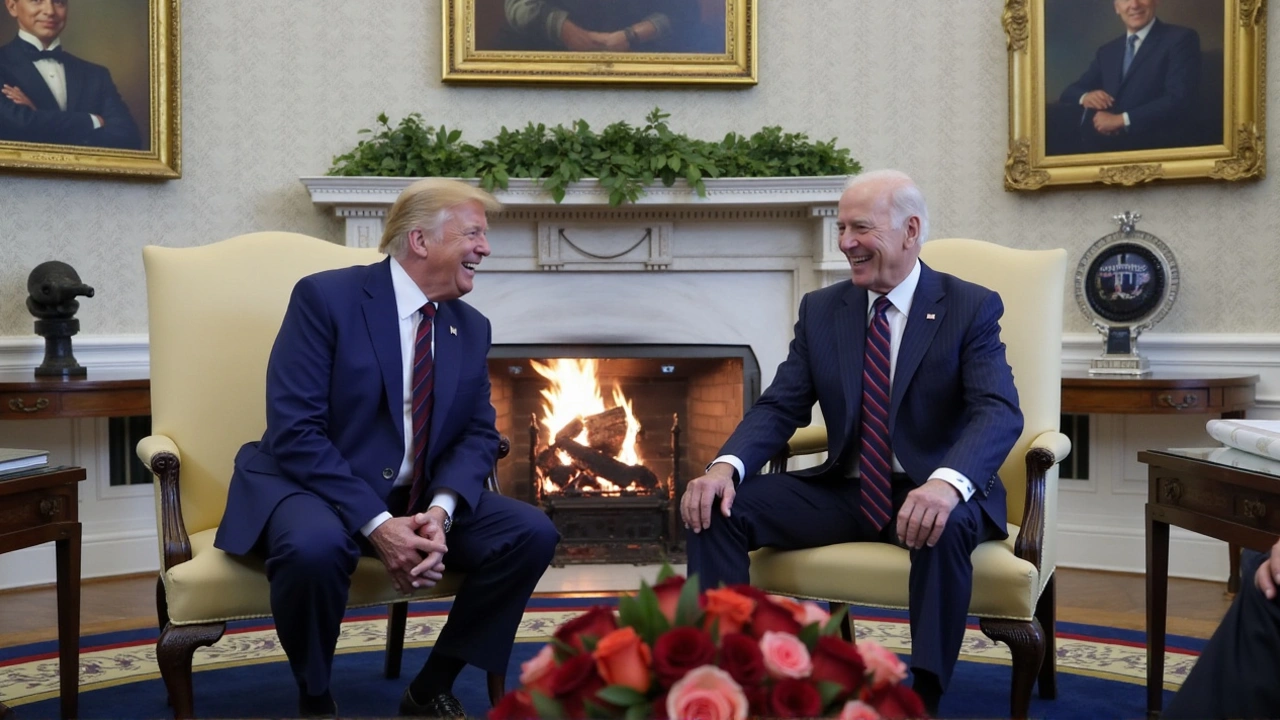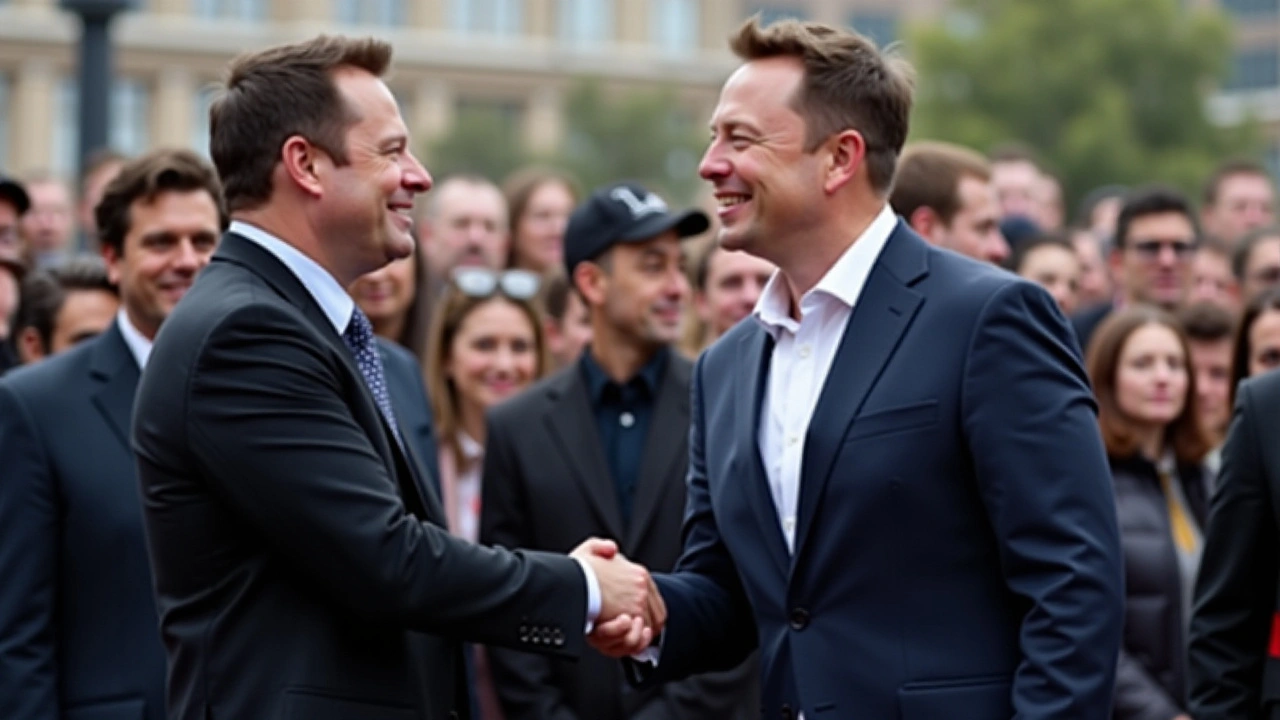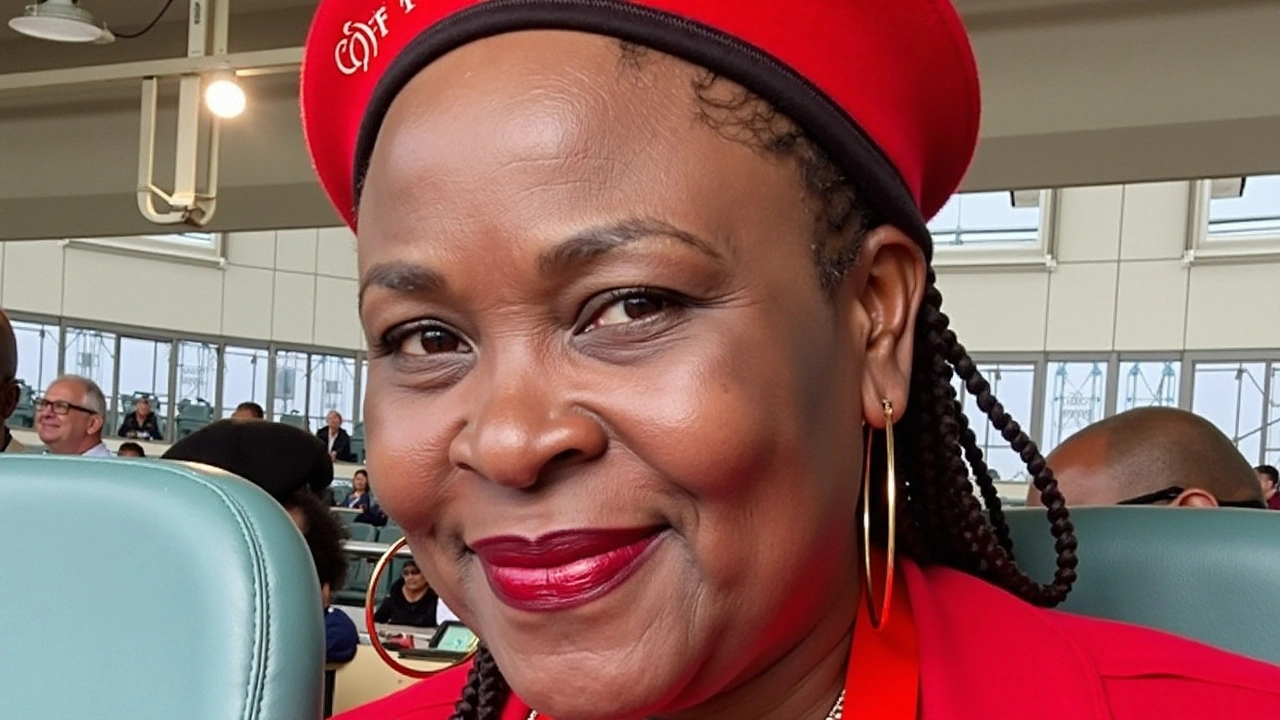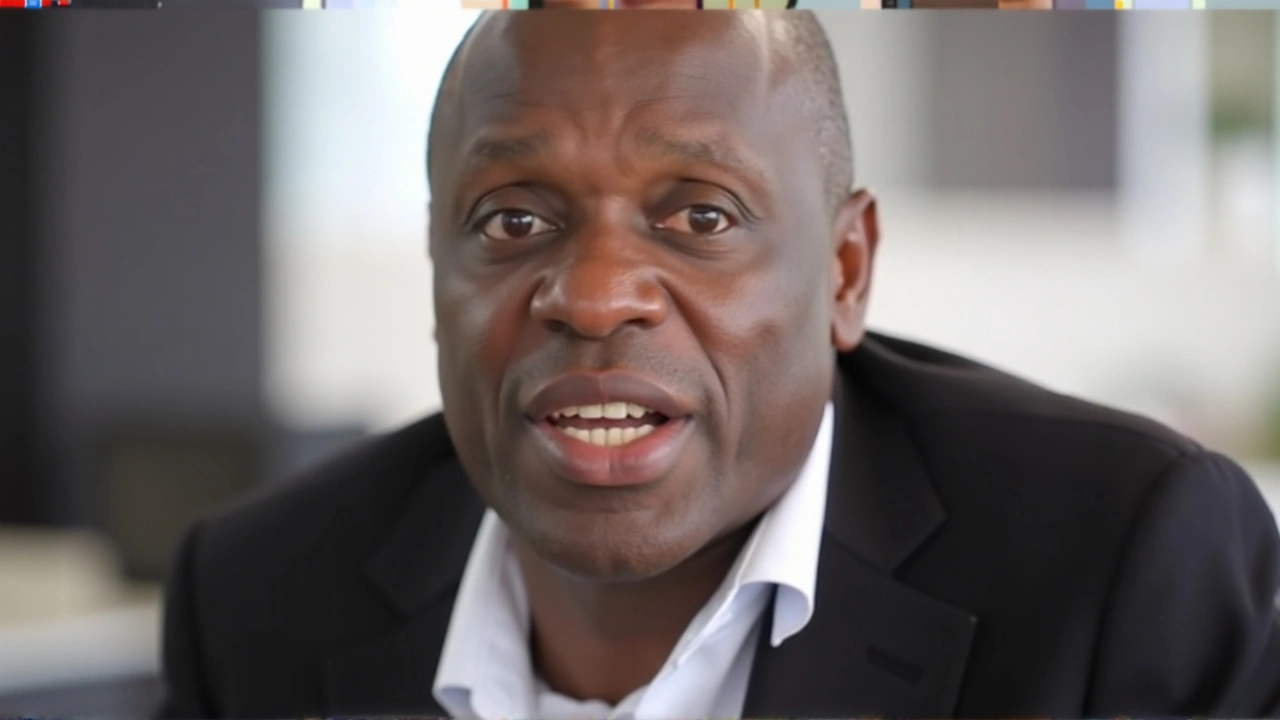Get the Latest on Politics in Cape Town
Want to keep track of what's really happening in Cape Town's political scene? You’re in the right place. Politics here isn’t just about big speeches and elections—it’s about how decisions affect your daily life, from services to community safety. We cover those stories that matter, unpacking them so you get the facts without the fluff.
Politics influences everything—from local leadership to national policies that trickle down. Whether it's a shift in city council, an election update, or debates over important issues, understanding what's going on can help you stay informed and engaged.
Local Leaders and Key Developments
Cape Town's politics is a mix of long-standing challenges and fresh faces trying to make a difference. You’ll find updates on city governance, public debates, and moves that impact issues like housing, crime, and the economy. Our covered stories highlight how local leaders are handling these challenges and what their actions mean for residents.
For example, recent shifts in council or political alliances can signal how policies might change soon, affecting neighborhoods and services. It’s also where community voices play a big role, showing up at meetings or protests to shape the city’s future.
Why Following Politics Matters to You
You might wonder why you should care about all this political back and forth. The truth is, these decisions shape your everyday experiences, from road repairs to security to economic growth. When you stay informed, you’re better equipped to voice your opinions, vote wisely, and hold leaders accountable.
Plus, politics in Cape Town connects with what's happening across South Africa, so it’s a good way to understand bigger national trends. Whether it’s about election buzz, public protests, or new laws, knowing the story helps you stay ahead and engaged in your community.
Stay tuned for regular updates, clear explanations, and breaking news that keep you in the political loop without the confusion. Because when you know what’s going on, you can be part of shaping Cape Town’s tomorrow.
Science Minister Uche Nnaji Admits No UNN Degree in Forgery Scandal
Minister Uche Nnaji admits no UNN degree, confirming a forgery scandal that could reshape Nigeria's ministerial vetting and trigger legal action.
Gayton McKenzie K-Word Scandal Puts South Africa’s Sports Ministry Under Fire
South Africa’s Sports, Arts and Culture Minister Gayton McKenzie is facing intense pressure to quit after old tweets surfaced showing repeated use of the apartheid‑era K‑word. He claims the language was meant to expose racism, but opposition parties and the Human Rights Commission have filed formal complaints. The episode has sparked a fresh debate over racial language, accountability and hypocrisy in South African politics.
Ekurhuleni Police Deputy Chief Julius Mkhwanazi Caught in Corruption Scandal
Deputy Chief Julius Mkhwanazi of the Ekurhuleni Metropolitan Police faces multiple fraud and corruption allegations, from illegal blue‑light distribution to the misuse of municipal vehicles for a private security firm. Despite an IPID report recommending action, the city promoted him to Acting Chief after the former chief was suspended. The Democratic Alliance calls the police force a "mafia‑style" operation, demanding transparency and prosecution.
Adelita Grijalva Becomes First Latina from Arizona in Congress
Democrat Adelita Grijalva won 69% of the vote in a special election, making her the first Latina from Arizona to serve in Congress. She succeeds her late father, Raúl Grijalva, and brings two decades of local government experience. Credit unions and the Working Families Party helped fund her campaign, and her win trims the GOP House majority.
Hawks raid on comedian Anton Taylor’s home sparks free speech fight after satirical Mchunu video
South African comedian Anton Taylor’s home was raided by the Hawks weeks after he posted a satirical video implying a bribe linked to the then–Police Minister Senzo Mchunu. Prosecutors later dropped the case. The move set off a national row over free speech, political interference, and the use of elite police resources. Opposition parties and free expression advocates are demanding answers.
Ex-Governor Waititu Arrested for Controversial Remarks in Ruiru
Former Kiambu Governor Ferdinand Waititu was arrested for allegedly inciting public unrest during a public event in Ruiru. The arrest, confirmed by his lawyer, links to recent remarks critics view as controversial. As police aim to prevent further unrest, opposition figures rush to his aid, highlighting the tense political landscape in Kenya.
Former IEBC Chairperson Wafula Chebukati Passes Away After Long Illness
Wafula Chebukati, the former head of Kenya's election commission, has died at 63 following a long illness. He led the IEBC from 2017 to 2023, navigating contentious elections, including the turbulent 2017 and 2022 elections. His leadership faced challenges, yet he was remembered for his integrity by President Ruto.
Tinubu Pays Tribute to Late Jeremiah Useni, Former FCT Minister
President Bola Tinubu has conveyed his heartfelt condolences over the death of Lieutenant-General Jeremiah Timbut Useni, who served as the Federal Capital Territory minister. Useni, a notable figure in Nigeria's history, passed on January 23, 2025, leaving a legacy of impactful service. President Tinubu joined the government and residents of Plateau state in mourning Useni, commending his contributions to the nation.
Thanksgiving Day: Contrasting Messages from Donald Trump and Joe Biden Highlight Political Divide
On Thanksgiving Day, former President Donald Trump and President Joe Biden delivered contrasting messages that underscored their differing perspectives on the state of the nation. Trump's message on Truth Social criticized the current administration, while Biden focused on themes of gratitude and unity. Their divergent messages reflect the ongoing political division in the United States and the challenges of bridging gaps during the holiday season.
Elon Musk and Vivek Ramaswamy Join Trump Administration to Lead Government Efficiency Initiative
Elon Musk and Vivek Ramaswamy have been selected for key roles in the Trump administration, heading the newly-formed Department of Government Efficiency. Tasked with streamlining government operations, the department aims to cut costs and improve services. Musk's tech experience and Ramaswamy's biotech innovation are integral to the initiative, marking a shift towards incorporating private sector expertise in federal operations.
Busisiwe Mkhwebane Resigns from EFF Amidst Challenges of Factionalism and Electoral Decline
Former Public Protector Busisiwe Mkhwebane has left the Economic Freedom Fighters (EFF), a year into her membership, amidst upcoming factionalism challenges and electoral decline discussions at the party's December conference. Her resignation poses additional hurdles for the EFF, which faces internal divisions and waning electoral support.
APC Condemns Rotimi Amaechi for Provocative Protest Comments Amid Economic Challenges
Nigeria's ruling party, APC, has rebuked former Transport Minister Rotimi Amaechi for urging public protests over the country's economic woes. Secretary Felix Morka labeled Amaechi's call as reckless, citing his past governance role in Nigeria's problems. The APC accuses opposition leaders like Atiku Abubakar and Peter Obi of exploiting Nigeria's struggles for political gain, urging citizens to support President Tinubu's economic reforms.

